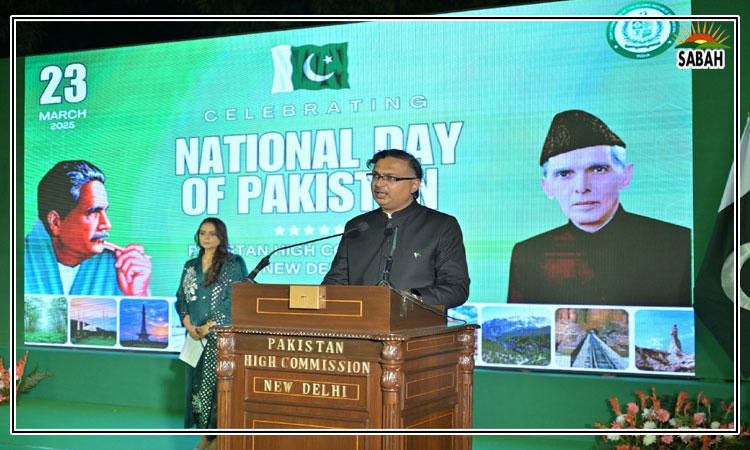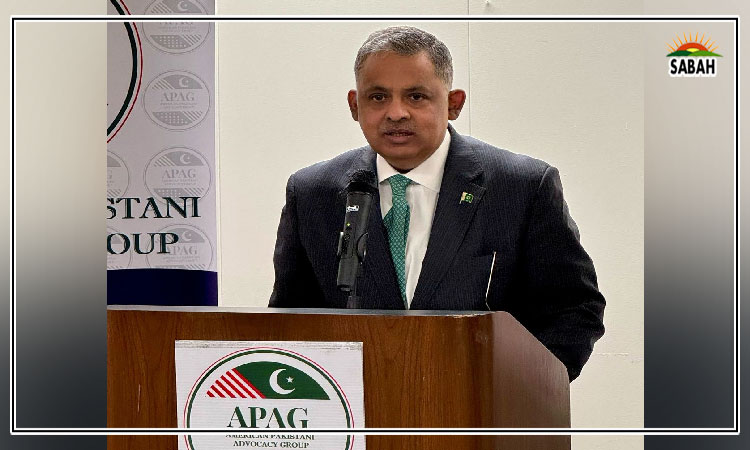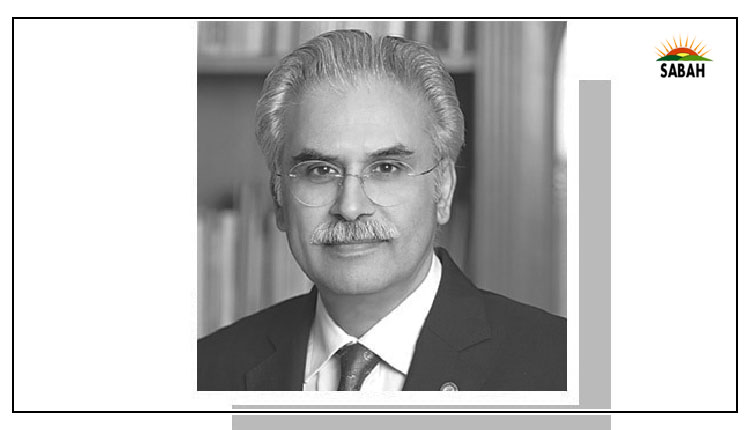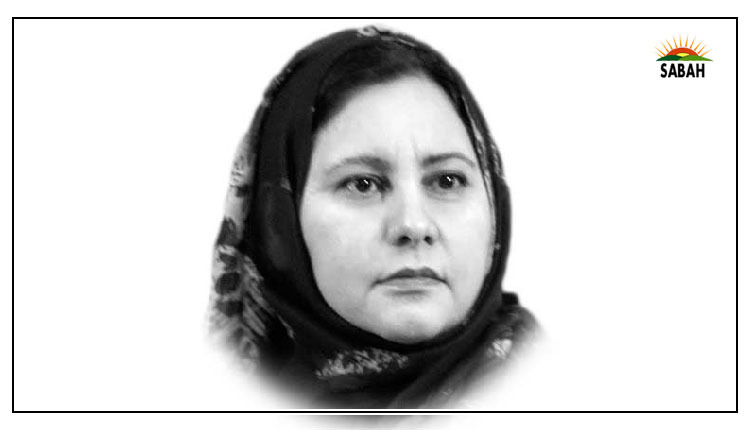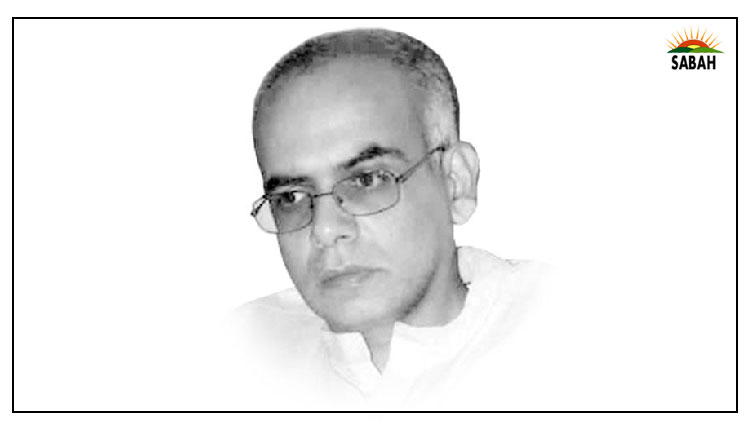Sikhs in the crosshair of India’s rogue activities…. Durdana Najam
It began with the G20 Summit. There were clear signs of tension between the Indian Prime Minister Narendra Modi and his Canadian counterpart Justin Tureadu. It was not until the Canadian prime minister returned home after a two-day overstayed visit in India due to the breakdown of his official air carrier that the world came to know the gravity of the situation. According to reports, Canada broached up with the Indian Prime Minister the issue of the involvement of an Indian agent in the killing of a Canadian of Sikh origin in Canada. In no time did India, throwing all diplomatic norms aside, start a malicious media campaign against Canada. An act suggestive of India’s overblown sense of impunity towards minorities.
On his return, Tureadu addressed the Parliament and said that Ottawa had “credible evidence” that the Indian government had assassinated a Canadian citizen on Canadian soil. Trudeau declared the killing “an unacceptable violation of our sovereignty” and “contrary to the fundamental rules by which free, open, and democratic societies conduct themselves.”
Hardeep Singh Nijjar was killed outside a Sikh temple on June 18 in Surrey, a Vancouver suburb with a large Sikh population. Three years back, India had designated Nijjar a terrorist. A head bounty was announced last year for information on Nijjar’s whereabouts because of his involvement in the alleged attack on a Hindu priest in India.
Nijjar, like many other Sikhs, was working on acquiring their own homeland, Khalistan (Land of Pure) in the northern state of Punjab, the birthplace of the Sikh religion. Nijjar had moved to India in 1997 and was in the plumbing business. Lately, he had been at the centre of activities around the Khalistan movement as the chief of the Khalistan Tiger Force. He was a devout Sikh and was elected head of the Guru Nanak Sikh Gurudwara in Surrey. He was shot in the parking lot of the same gurudwara.
Hundreds of people gathered outside the Indian consulate in Vancouver after his murder to register their protest. The sense of foreign involvement in Nijjar’s killing was palpable, and who could have benefited more than India?
The Khalistan movement dates back to the partition of India in 1947; however, it remained quiet until the 1970s, largely in retaliation to the Indian government’s decision to divide Punjab into a majority Sikh State (Punjab) and a Hindi-speaking State (Haryana) in 1966. The agony of territorial division resulted in a violent political mass movement demanding an independent homeland for the Sikhs. According to the Sikh leaders, they wanted to protect their religion and identity from the assimilationist policies of the Indian government.
The violence came to a head in June 1984 when Indian Prime Minister Indira Gandhi ordered storming of the Golden Temple in Amritsar, the most sacred and central place of pilgrimage for Sikhs. It was in the Golden Temple that most of the leaders of the Khalistan movement were hiding. In a week-long violent skirmishes, 400 people and some leading leaders of the movement were killed. However, the dagger in the chest of the Sikh proved the desecration of their temple in the hands of Indian law enforcers. Only four months later, Indra Gandhi paid the price of this blatant act with her life. She was killed in broad daylight by two of her Sikh bodyguards. More violence ensued as the Hindu workers of the Congress party undertook mass murder of Sikhs. Within three days, 3000 Sikhs were murdered, and in the words of the 2005 Nanavati Commission, it was a systematic nature of attacks whereby men were beaten before being burnt alive.
Keeping to its pattern of giving free hand and legal protection to the perpetrator of violence against minorities, India convicted no one for their crime against Sikhs. Thousands of Sikhs left India with a bruised heart and a memory of a violent India that only served the interest of Hindus. During the Capitol Hill Briefing on September 20, 1994, a former Congressman, Dan Burton, went on record and stated that India has killed at least 115,000 Sikhs since 1984.
Nijjar’s murder was not an isolated attempt to kill Khalistan leaders outside India.
In May this year, Paramjit Singh Panjwar, head of the Khalistan Commando Force, was shot dead by two unidentified gunmen in Lahore, Pakistan. In June, Avtar Singh Khanda, based in the UK and associated with the Khalistan Liberation Force in the UK, was suspected of death by poisoning.
Seeing the campaign to kill him riding full swing, Nijjar wrote an open letter to Trudeau saying:
“Because of my campaign for Sikh rights, it’s my belief that I have become a target of an Indian government media campaign to label my human rights campaign as terrorist activities.”
Now that Nijjar is dead, his words corroborate Canadian law enforcement’s findings about India’s involvement in his killing.
India has been in the business of lying, spying and spreading fake information to discredit its self-assumed foes for decades.
In 2020, a Brussels-based NGO dedicated to the agenda of combating disinformation against the European Union disclosed the existence of a 15-year-old operation run by an Indian entity that used hundreds of fake media outlets to spread misinformation about Pakistan across the world.
According to the EU DisinfoLab, ‘Indian Chronicles’ was as one of the largest networks of disinformations it had hunted so far. The network was run by the Srivastava Group based in Delhi and had a singular task of discrediting Pakistan Internationally and influencing decision-making at the UN Human Rights Council and the European Parliament. According to the report, to “undermine Pakistan internationally, the network resurrected dead NGOs at the UN, impersonated the EU, and laundered content produced by fake media to real media, and reached millions in South Asia and worldwide.”
These are just glimpses of how far India can go in mistreating its people to promote its fascist Hindutva agenda at home and abroad. Unless the international community gets past the hangover of India’s economic ascendance and the lure presented by its burgeoning market, the claim of human rights champions shall remain only words, further strengthening India’s sense of impunity.
Courtesy The Express Tribune, September 22nd, 2023.


